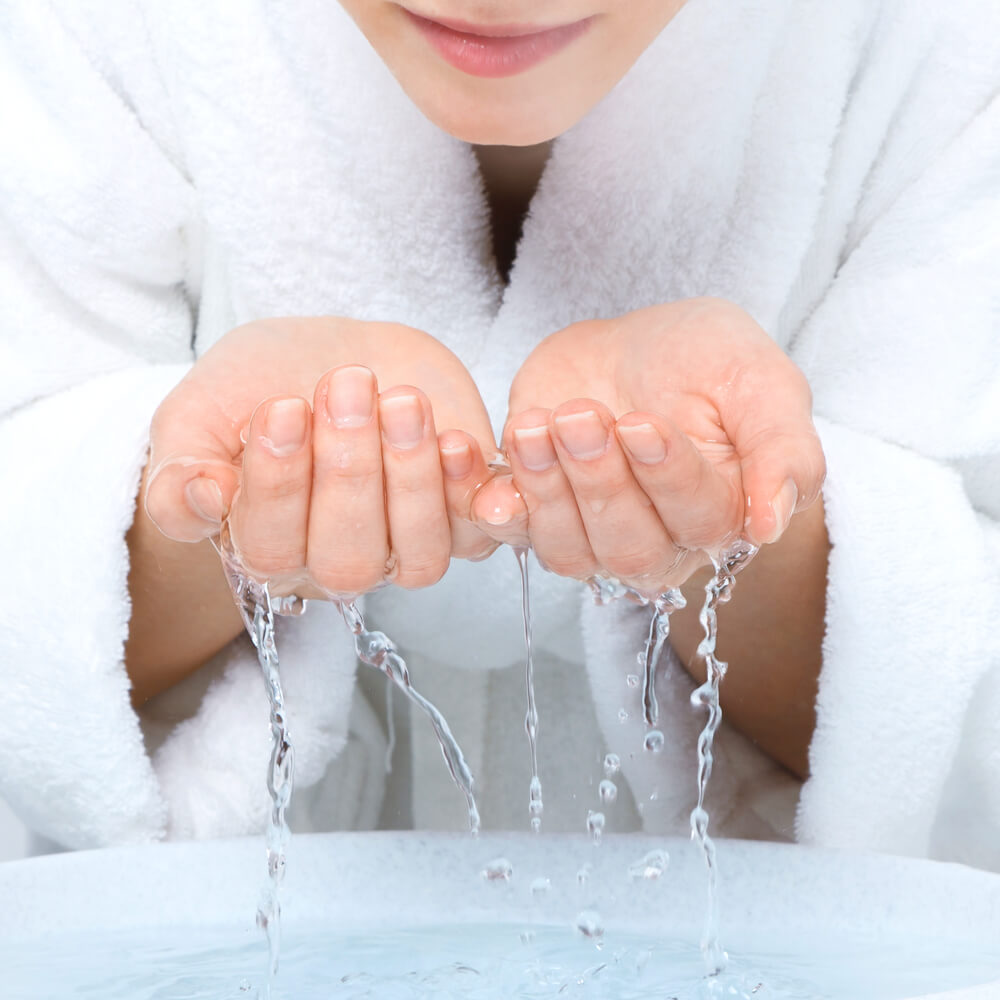Making use of tap water can be a source of unknown. Homeowners know that tap water, while infinite and inexpensive, is riddled with issues related to the local groundwater, the city pipes, and the city water processing choices. We are aware that every cup of tap water may contain fluoride or little specks of rust. Most homes, around 90% deal with hard tap water full of minerals that leave water spots and build-up on clothes, skin, and pipes. What is your water worth? What effort or cost is worth cleaner water, fewer plumbing problems, cleaner clothes, and better-tasting water? Considering the millions that buy bottled water for just these reasons, there is some significant value placed on clean, fresh water in our society that does not come from the tap. But what if it could?
What Is Your Water Worth?
The water that comes out of your tap is not as clean as it could be. There are tons of minerals unfiltered out of the original body of water like magnesium and calcium which form water scale. As it travels through city pipes, your tap water picks up minor contaminants from all over the city like flecks of rust from corroding pipes to flecks of dirt from pipes that have been compromised along the way.
Tap water is usually safe to drink, but it’s not always tasty and it does come with very real costs in the home. Doing dishes with tap water leaves white spots. In the laundry, it can build up in the fabrics and reduce the functionality of soap. It can cause breakouts and dull hair. When you consider all you might spend on individual solutions, the value of water comes to the forefront.
One Clean Water Solution for the Whole House
When the water from your tap is not great, you may find yourself buying bottled water more and more. Large tanks of it for household needs and palettes of individually wrapped bottled water for your daily hydration and sports. But nothing saves the pipes or the laundry. Except for a water softener.
A whole-home water softening unit works in-line; connecting the water main to the rest of the house – often before any other appliance. By installing it this way, you can not only have better-tasting water without contaminants, but you can also save your pipes and appliances by reducing the scale running through your home aquatic system.
How Water Softening Works
Water softening runs water through filtration layers to remove any unwanted particles. Your home water softener provides multiple layers of protection between you and local tap water. You may immediately start to notice in your suds. Dish soap will suds and wash better. Your laundry and hair will be softer without scale buildup. Over time, your pipes will experience less buildup and fewer clogs. With a water softening unit, nothing in your home has to handle low-quality hard water coming through the taps. The water might come from the city, but the water quality is something you can take command of.
Learn More About What Your Water Is Worth
So, what is your water worth? When your tap water tastes better in cooking, feels better in the shower, and cleans better with soap, there’s no denying that soft water is worth investing in. Municipal tap water may be safe to drink, but soft water is more rewarding, convenient, and less frustrating to live with. If you’re ready to explore water softening possibilities in your home, contact us today. We look forward to helping you decide on the right water softener for your family, your household, and the needs of those who use water most in your house.






